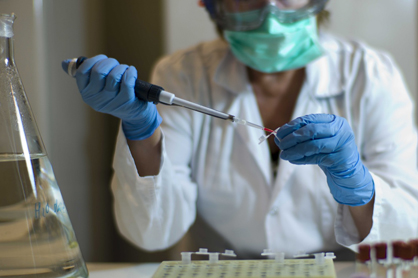A male science and a female science?
 Women accounts for 38% of the researchers in Spain, an extremely low figure compared with their presence in University. Why there are so few female scientists? What obstacles do they find to cross from the classrooms to the labs? If there were more female scientists, would science be different?
Women accounts for 38% of the researchers in Spain, an extremely low figure compared with their presence in University. Why there are so few female scientists? What obstacles do they find to cross from the classrooms to the labs? If there were more female scientists, would science be different?
17.03.2015
Apart from Marie Curie, could you identify another woman scientist? Unlike the business field, where women on boards has become a matter of State, in the scientific field inequality seems to be inevitable. However, there is a male science and a female science? Why there are so few female scientists and why their job lacks visibility?
In order to answer all this questions, Complutense University includes in its widely acknowledged Summer Courses one called Women in Science. Reflections and experiences from the Northern and Southern Europe and United States, between 29 June-3 July, financed by the EEA Grants. In this summer course, researchers from Spain, Norway, Iceland and United States will discuss about women access to science and technology production, consumption, justification and decision-making. At the same time, the attendants will try to identify best practices that help to change the statistics.
The objective is to discover women situation in science field in countries such as Spain, Norway, Iceland and US, best practices exchange in fostering scientific entrepreneurship or if there is gender equality in the main funding source of science in Europe, Horizon 2020 Programme.
Among the guest speakers, major science representatives as the Yale neuroscientist Stephanie Bird, Spanish Margarita Salas, Amelia Valcárcel and Eulalia Pérez Sedeño and Ander Ramos-Murguialday, best research award in Germany, Norwegian researcher Ma Li, or Icelandic Thamar Melanie Haijstra.
This course is part of the Bilateral Relations Plan of the EEA Grants NILS Science and Sustainability Programme, operated by Universidad Complutense of Madrid, whose aim is fostering scientific research through researchers mobility between Spain, Norway, Iceland and Liechtenstein.